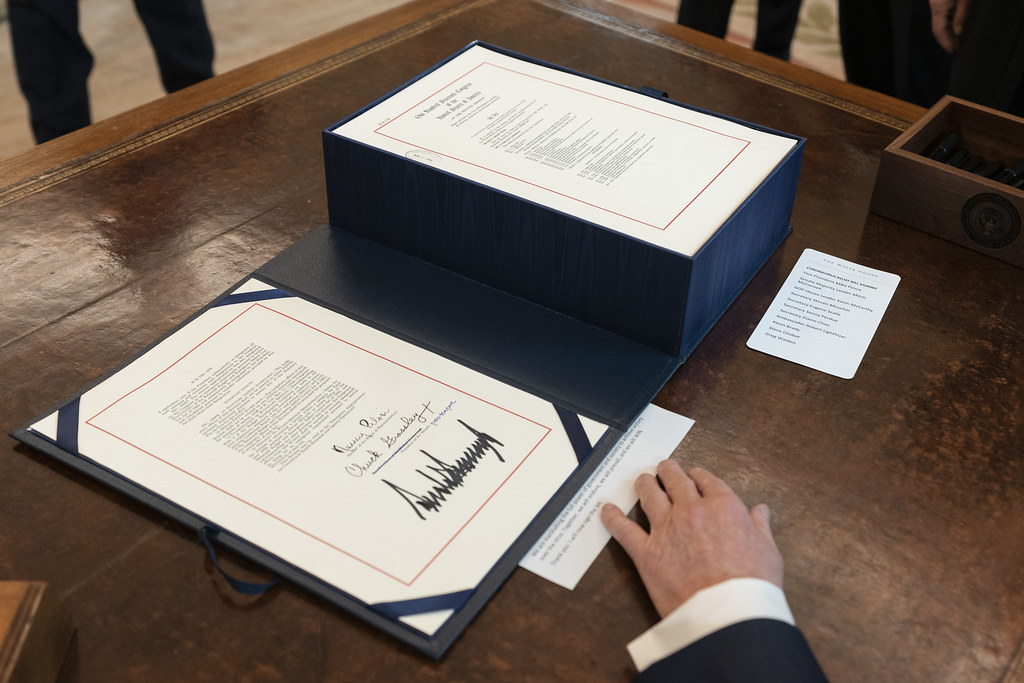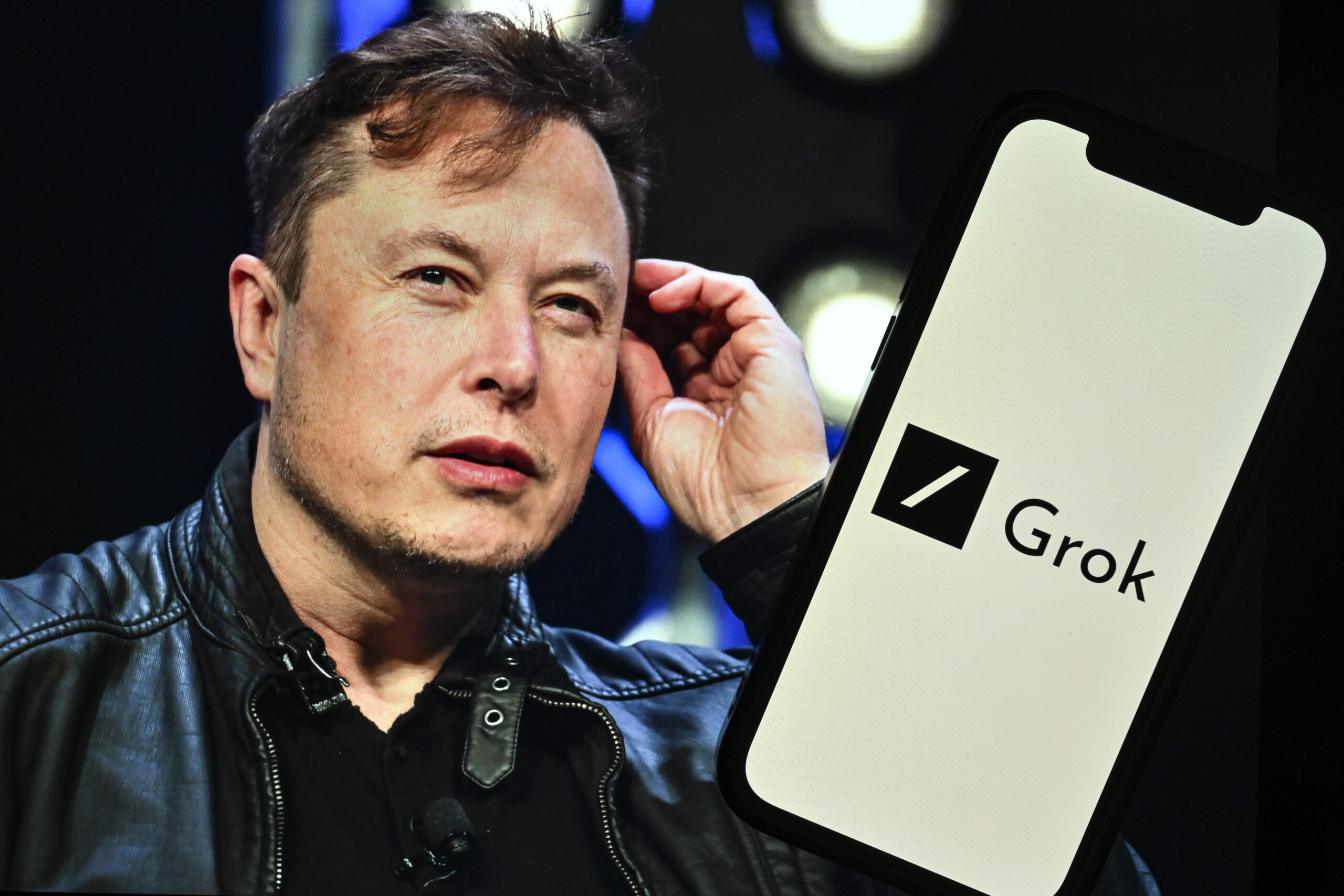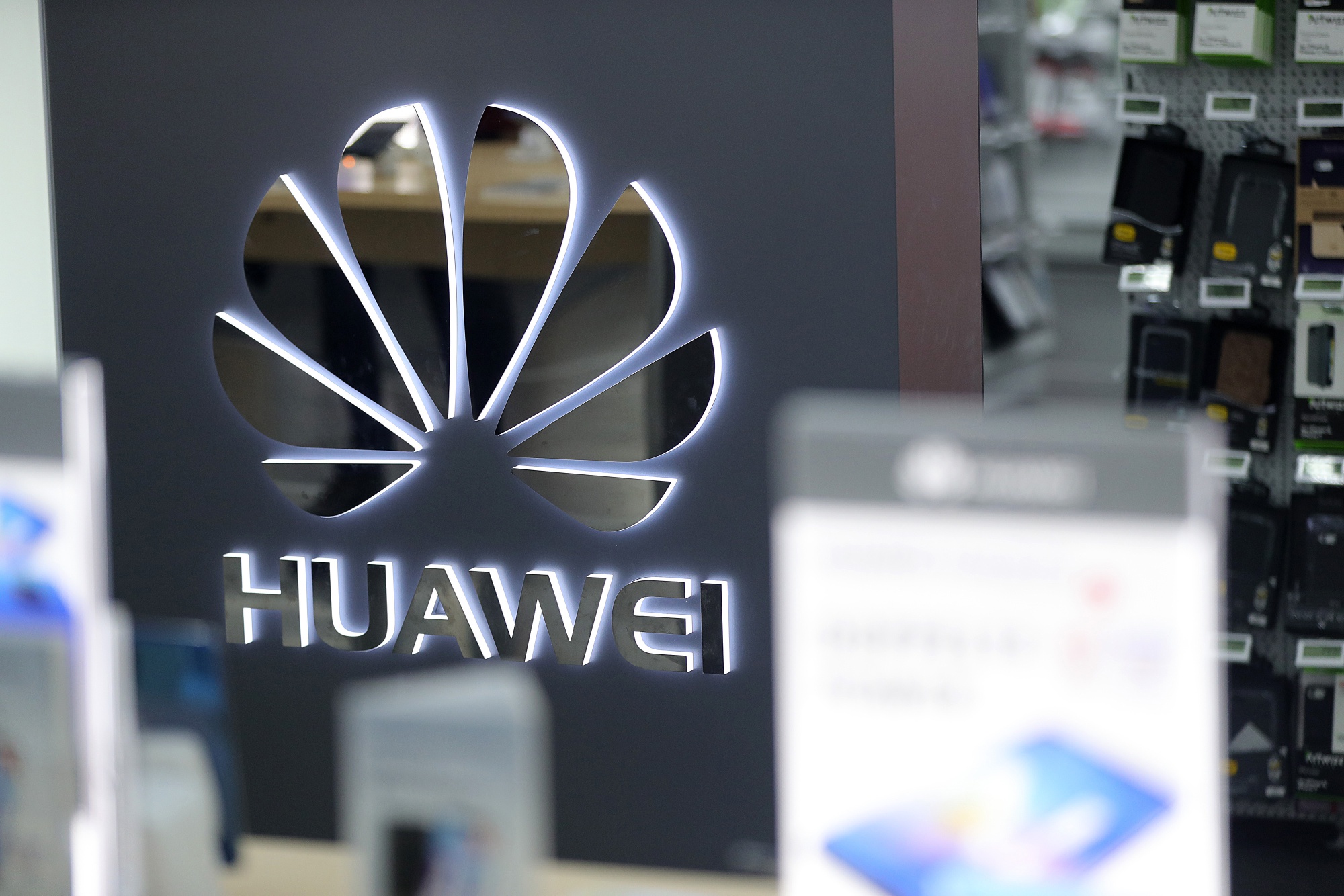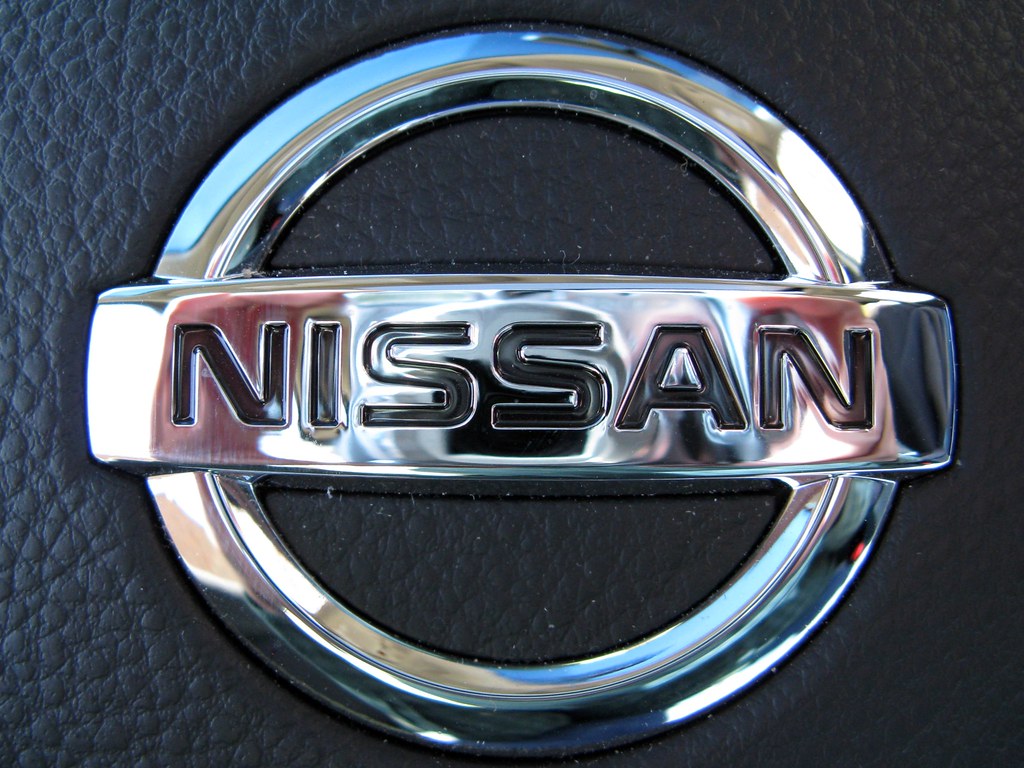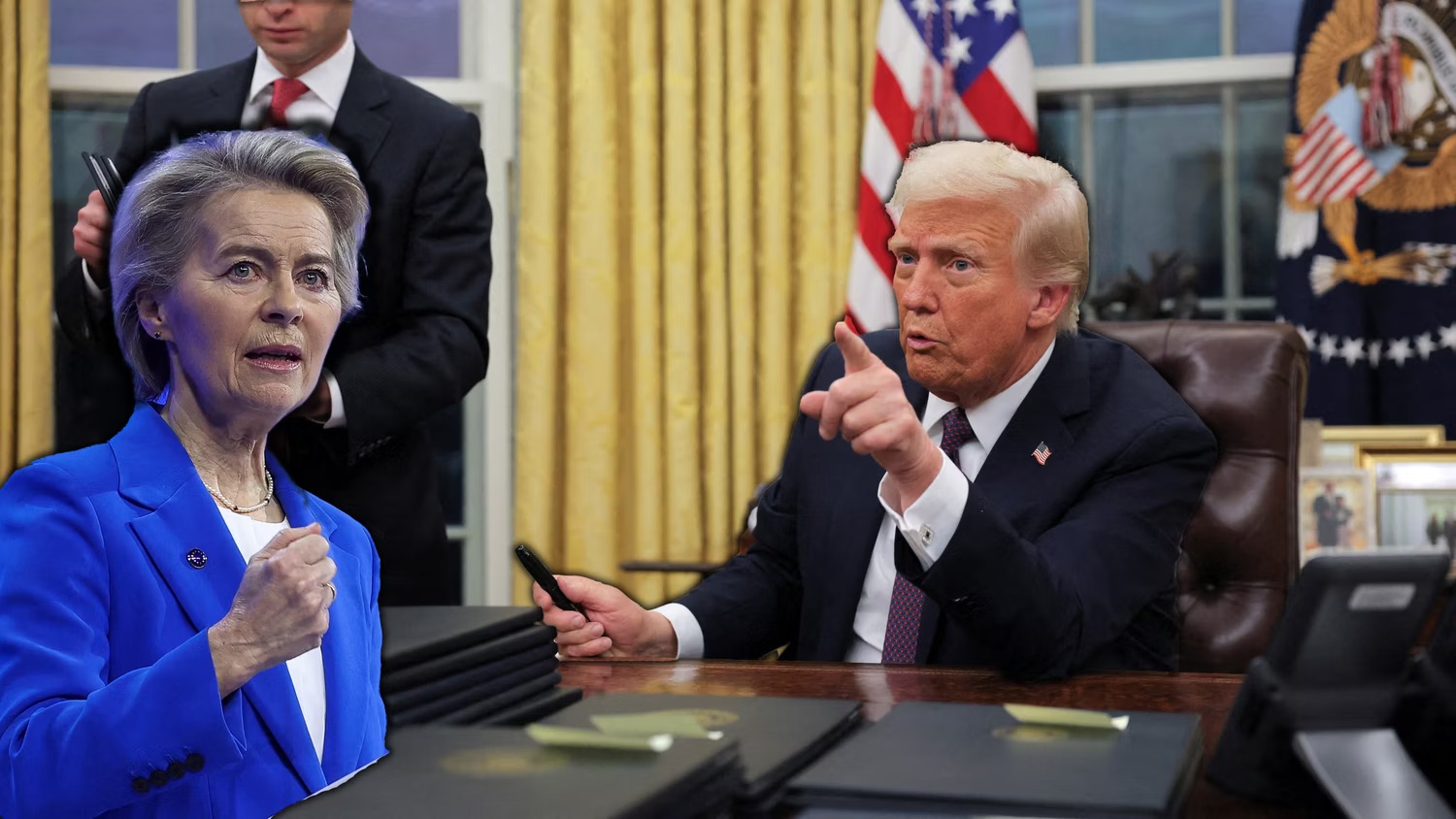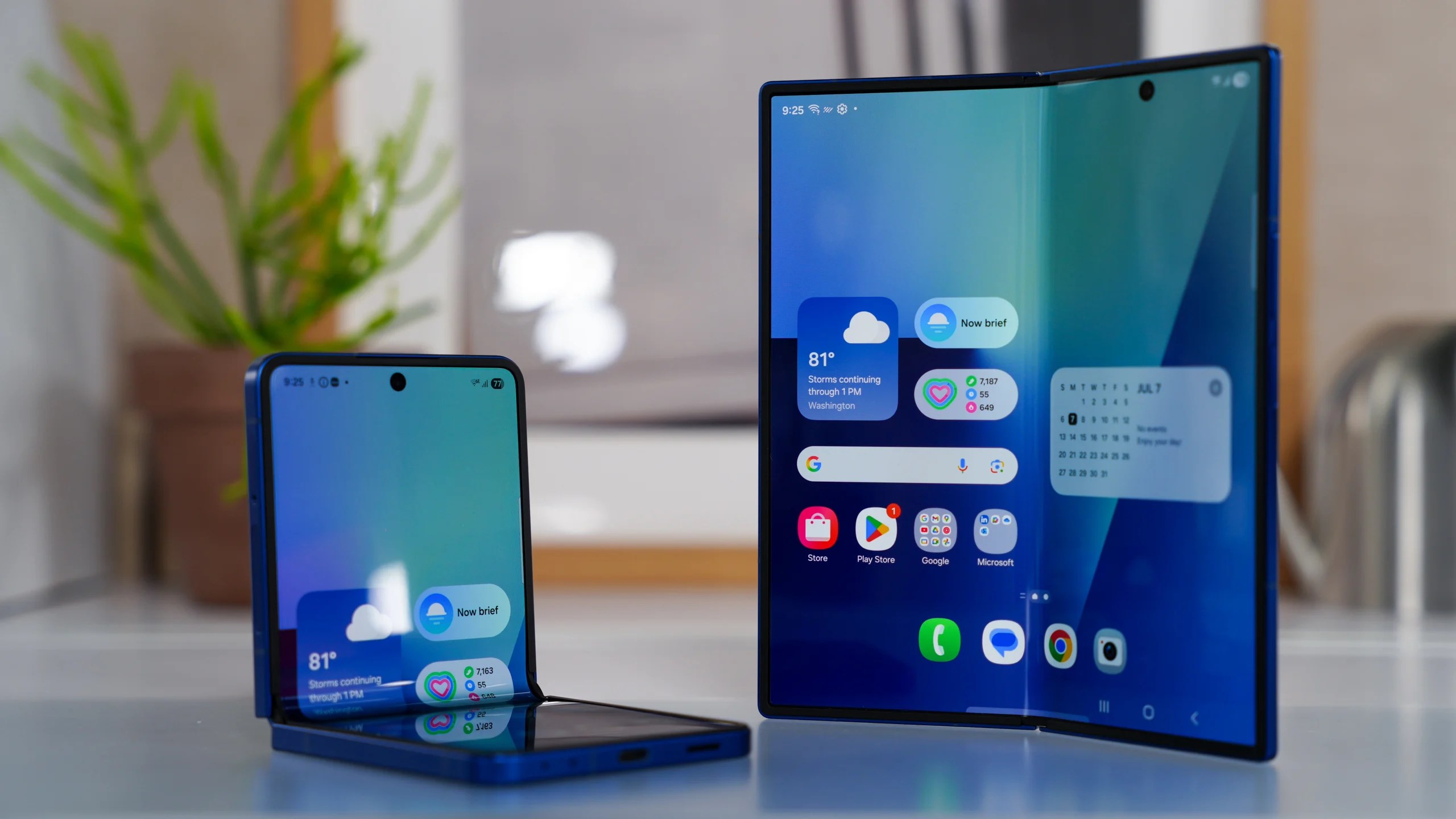Huawei Technologies is set to release its new mobile operating system, HarmonyOS Next, on Tuesday, positioning it as a competitor to Apple’s iOS and Google’s Android. This launch is part of Huawei’s ongoing effort to create a Chinese mobile ecosystem amid continuing U.S. sanctions. HarmonyOS Next is designed to be a completely independent platform, no longer supporting Android-based applications.
The system will debut on multiple Huawei devices, including the Mate 60 series, the foldable Mate X5 smartphone, and the 13.2-inch MatePad Pro tablet. Referred to as the “pure blood” version of HarmonyOS in China, this iteration reflects Huawei’s ambition to offer a fully homegrown solution.
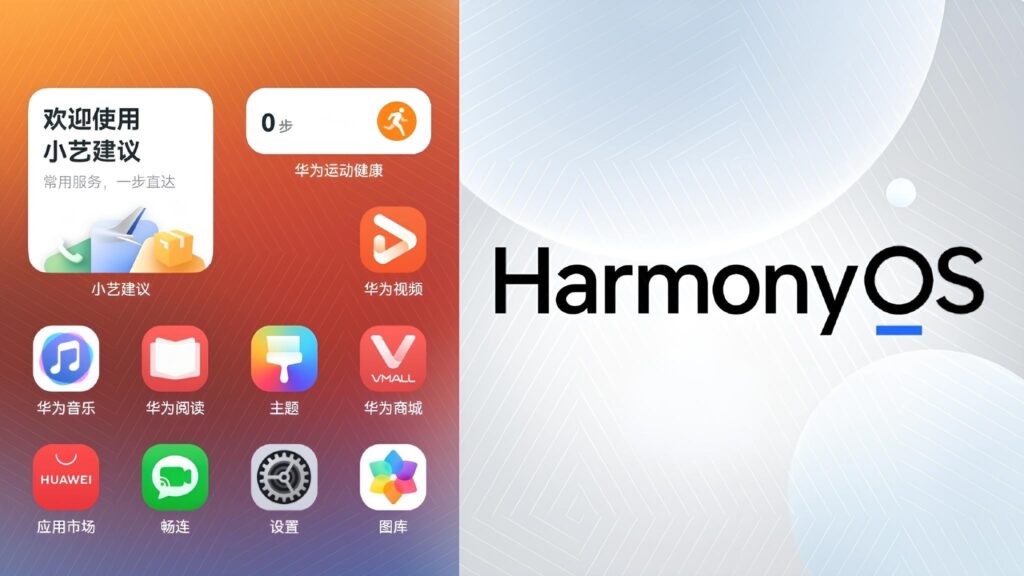
A New Beginning for Huawei’s Mobile Ecosystem
HarmonyOS Next represents a major shift for Huawei. Since January, it has been available to developers in China, with Huawei’s consumer business chairman, Richard Yu Chengdong, describing the project as “a new life striving to grow” during a Shanghai event last month. According to Yu, Huawei condensed what would have taken a decade in foreign operating system development into just one year.
To build momentum, Huawei has been rallying Chinese app developers to support HarmonyOS Next. In September, the company organized an “oath-taking ceremony” aimed at mobilizing developer backing, with prominent tech companies like Baidu, JD.com, Meituan, and Tencent in attendance. Huawei claims that over 10,000 applications and services have already been developed specifically for the new system.
Eric Xu Zhijun, Huawei’s deputy chairman, emphasized the importance of creating a complete ecosystem for HarmonyOS to thrive. At the same event, Xu urged governments, businesses, and institutions to develop native HarmonyOS versions of their apps.
Huawei’s Journey with HarmonyOS Amid U.S. Sanctions
HarmonyOS was first launched in August 2019 as a response to Huawei being added to the U.S. trade blacklist, which barred the company from purchasing U.S.-originated technologies without government approval. Since then, Huawei has worked to establish its own mobile platform, making significant strides last year with the release of its Mate 60 series smartphones, marking the company’s return to the 5G handset market.
HarmonyOS has gained traction in China, capturing a 17% market share in the first quarter of this year, according to a report by Counterpoint in June. This represents a significant increase from the previous year and positions HarmonyOS as the second-largest operating system in China, surpassing Apple’s iOS, which dropped to 16%. Android continues to lead the market with a 68% share.
The launch of HarmonyOS Next comes shortly after Meng Wanzhou, Huawei’s chief financial officer and daughter of founder Ren Zhengfei, returned to a leadership role in the company’s rotating chair system. Meng will oversee the release of Huawei’s next 5G flagship, the Mate 70 series, expected later this year.


